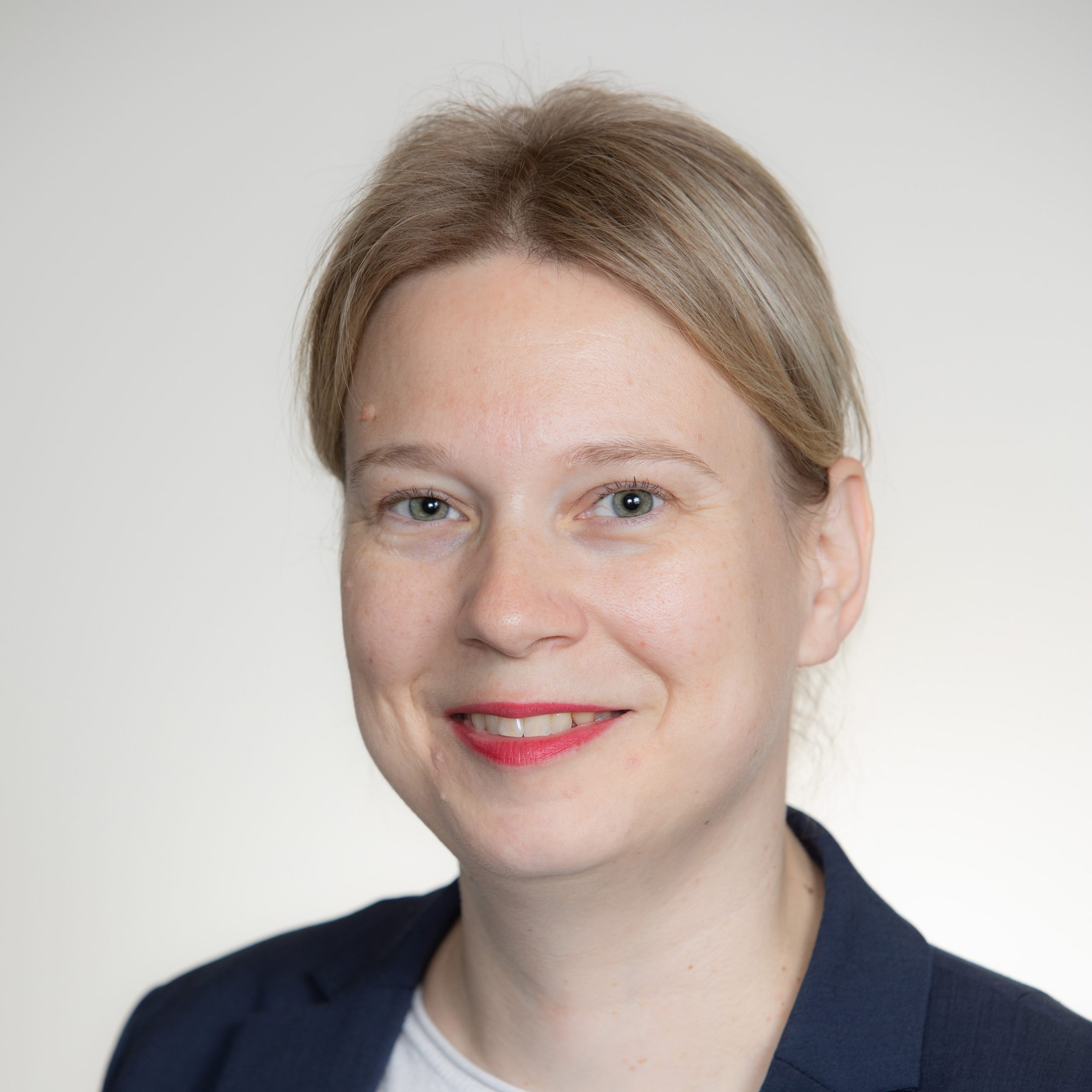Jelena Erceg
Assistant Professor
Molecular and Cell Biology / Genetics and Genomics / Cell and Developmental Biology
Education: Postdoc, Harvard Medical School, USA; Ph.D., EMBL / University of Heidelberg, Germany
Research Interests: Our lab is interested in multi-scale genome organization and gene regulation of multicellular diploid organisms in evolution and disease. We study how diploid genome architecture is formed and inherited, and how dysfunctional genome dynamics influences cell fate. To this end, we use genomic and single-cell transformative imaging approaches, including single-molecule localization microscopy.
Selected Publications:
Shankar Ganesh, A., Orban, T.M., Raj, R. et al. The functional organization of chromosome territories in single nuclei during zygotic genome activation. Sci Rep 16, 5668 (2026). https://doi.org/10.1038/s41598-026-35953-0
Saren M. Springer, Katherine Fleck, Kaitlin N. Girardini, Sean M. Riccard, Jelena Erceg, and Rahul N. Kanadia (2026, January 16) Identity rather than 3D position informs splicing of rare introns in the human genome. iScience
Fleck K, Raj R and Erceg J (2022), The 3D genome landscape: Diverse chromosomal interactions and their functional implications. Front. Cell Dev. Biol. 10:968145. doi: 10.3389/fcell.2022.968145
Erceg J*, AlHaj Abed J*, Goloborodko A*, Lajoie BR, Fudenberg G, Abdennur N, Imakaev M, McCole RB, Nguyen SC, Saylor W, Joyce EF, Senaratne TN, Hannan MA, Nir G, Dekker J, Mirny LA, Wu CT. The genome-wide multi-layered architecture of chromosome pairing in early Drosophila embryos. Nat Commun 10, 4486 (2019).
AlHaj Abed J*, Erceg J*, Goloborodko A*, Nguyen SC, McCole RB, Saylor W, Fudenberg G, Lajoie BR, Dekker J, Mirny LA, Wu CT. Highly structured homolog pairing reflects functional organization of the Drosophila genome. Nat Commun 10, 4485 (2019).
Chang CH*, Chavan A*, Palladino J*, Wei X, Martins NMC, Santinello B, Chen CC, Erceg J, Beliveau BJ, Wu CT, Larracuente AM, Mellone BG. Islands of retroelements are major components of Drosophila centromeres. PLoS Biology 17, e3000241 (2019).
Nir G*, Farabella I*, Pérez Estrada C*, Ebeling CG*, Beliveau BJ, Sasaki HM, Lee SH, Nguyen SC, McCole RB, Chattoraj S, Erceg J, AlHaj Abed J, Martins NMC, Nguyen HQ, Hannan MA, Russell S, Durand NC, Rao SSP, Kishi JY, Soler-Vila P, Di Pierro M, Onuchic JN, Callahan S, Schreiner J, Stuckey J, Yin P, Lieberman Aiden E, Marti-Renom MA, Wu CT. Walking along chromosomes with super-resolution imaging, contact maps, and integrative modeling. PLoS Genet 14, e1007872 (2018).
McCole RB*, Erceg J*, Saylor W, Wu CT. Ultraconserved elements occupy specific arenas of three-dimensional mammalian genome organization. Cell Reports 24: 479-488 (2018).
Erceg J*, Pakozdi T*, Marco-Ferreres R*, Ghavi-Helm Y, Girardot C, Bracken AP, Furlong EE. Dual functionality of cis-regulatory elements as developmental enhancers and Polycomb response elements. Genes Dev 31: 590-602 (2017).
Joyce EF, Erceg J, Wu CT. Pairing and anti-pairing: a balancing act in the diploid genome. Curr Opin Genet Dev 37: 119-128 (2016).
Beliveau BJ, Boettiger AN, Avendaño MS, Jungmann R, McCole RB, Joyce EF, Kim-Kiselak C, Bantignies F, Fonseka CY, Erceg J, Hannan MA, Hoang HG, Colognori D, Lee JT, Shih WM, Yin P, Zhuang X, Wu CT. Single-molecule super-resolution imaging of chromosomes and in situ haplotype visualization using Oligopaint FISH probes. Nat Commun 6:7147 (2015).
Erceg J, Saunders TE, Girardot C, Devos DP, Hufnagel L, Furlong EE. Subtle Changes in Motif Positioning Cause Tissue-Specific Effects on Robustness of an Enhancer’s Activity. PLoS Genet 10: e1004060 (2014).
Punnamoottil B, Kikuta H, Pezeron G, Erceg J, Becker TS, Rinkwitz S. Enhancer detection in zebrafish permits the identification of neuronal subtypes that express Hox4 paralogs. Dev Dyn 237: 2195-2208 (2008).
*equal contribution

| jelena.erceg@uconn.edu | |
| Phone | 860-486-5576 |
| Mailing Address | 67 North Eagleville Rd Unit 3197, Storrs, CT 06269-3197, USA |
| Office Location | Engineering Science Building 206C |
| Link | https://erceg.lab.uconn.edu/ |